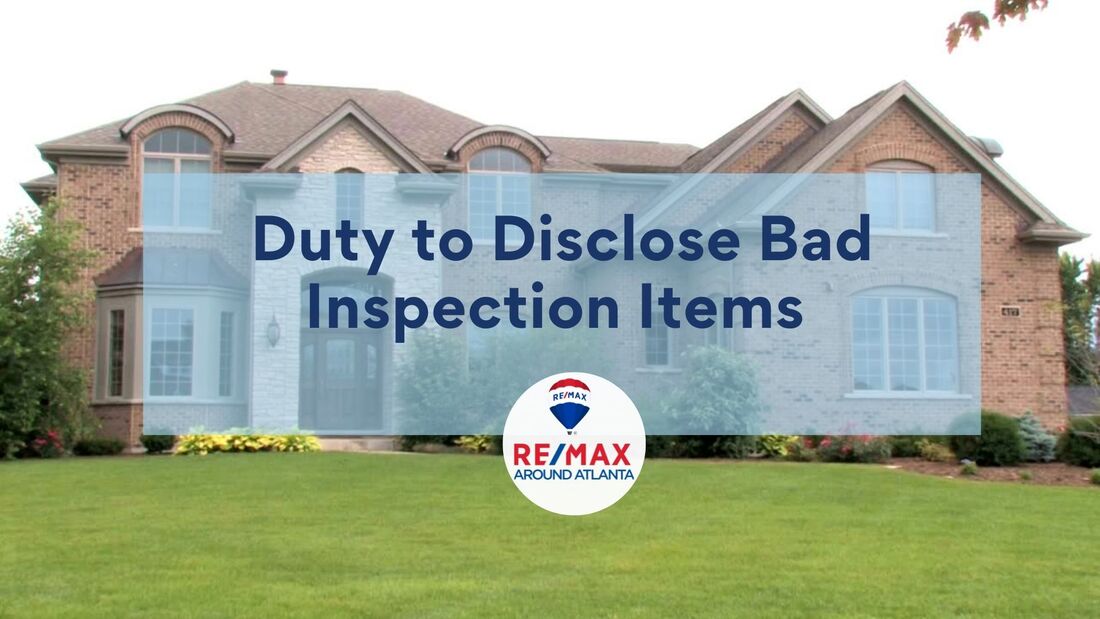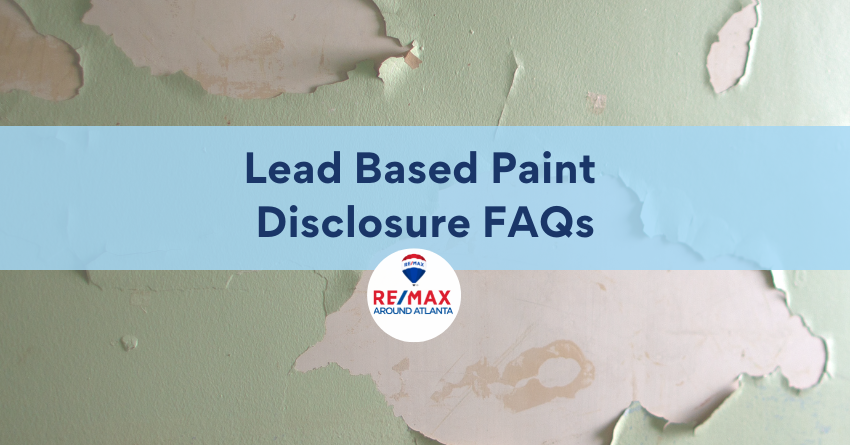|
The market has shifted. Multiple offers have slowed down, but sellers still want the best price for their property. In an effort to increase prices, sellers may ask their agents to reveal the terms of competing offers to the prospects. This is called “shopping an offer.”
Here’s an example. Even though their neighbors got 9 offers 6 months ago with no contingencies, no inspections and huge escalation clauses, their listing has produced only (!) 3 in 2 weeks. And the lowest price has the best terms – cash and a quick closing. The seller wants cash and a quick closing, if only that offer was as high as the best price. The seller instructs his listing agent to reveal the price of the highest offer to the buyer he wants in an effort to get that buyer to increase the price. Can the listing agent do that? Can the seller do that? Is it legal?
2 Comments
Under Georgia law, a fiduciary duty exists whenever a person places the highest level of confidence or trust in another person regarding a particular transaction or in financial affairs and the other party accepts that confidence or trust. That is, a fiduciary owes the highest duty to its clients.
Brokers in Georgia do not owe a fiduciary duty to clients. The law on fiduciary duty changed in the early 1990s with the introduction of the Brokerage Relationships in Real Estate Transactions Act, O.C.G.A. §10-6A-1 et seq.; (BRETTA). BRRETA, states as follows: A broker who performs brokerage services for a client or customer shall owe the client or customer only the duties and obligations set forth in this chapter, unless the parties expressly agree otherwise in a writing signed by the parties. A broker shall not be deemed to have a fiduciary relationship with any party or fiduciary obligations to any party but shall only be responsible for exercising reasonable care in the discharge of its specified duties as provided in this chapter and, in the case of a client, as specified in the brokerage engagement. The GAR Listing Engagement Agreement and the GAR Buyer Brokerage Agreement are consistent with BRETTA and do not impose fiduciary duties upon the broker when acting in a brokerage capacity. That’s tremendous protection for brokers. Since the introduction of BRETTA, the frequency of lawsuits in Georgia based on a realtor’s breach of duty has dropped significantly. In other parts of the country, licensees do owe fiduciary duties to clients and the liability of those brokers remains high. The Brokerage Relationships in Real Estate Transactions Act (BRRETA) requires licensed agents in Georgia to provide to buyers material adverse facts or defects pertaining to the physical condition of the property that could not be observed by routine inspection.
Sellers, unless they are licensed agents, are not similarly required under BRETTA. There is no corresponding statute or legislation governing the conduct of an unlicensed seller. However, under Georgia case law, a seller does have a duty to disclose defects in the property that the seller knew about or should have known and that a buyer would not have observed upon a reasonably diligent inspection of the property. If a defect is discovered that a seller should have disclosed, the seller can be sued in a civil action for fraud. There are 4 basic elements that must be proved in a case for fraud for non-disclosure. Why do we require the Lead Based Paint Disclosure (LBP)?
The LBP is required by a federal law written in 1992 to protect purchasers and renters against exposure to lead based paint. The act is called the Residential Lead-Based Paint Hazard Reduction Act of 1992, also known as Title X (“Act”). What housing is required to have an LBP? Housing that was built prior to 1978, whether it is for sale or for rent. There are 2 different GAR disclosures tailored for each situation. For sales, it is GAR F316. For rentals, it is GAR F918. If you are using RE forms, the LBP disclosure form is RE 140 and the LBP pamphlet is RE 141. Do fixtures manufactured or painted prior to 1978 require an LBP? Yes, the Act includes lead-based paint hazards. A “LBP hazard” includes fixtures that may have been manufactured or painted prior to 1978, even if the property itself was built in 1978 or later. Consider includes antique doors, antique light fixtures or any other elements in the property that may have been created prior to 1978. If in doubt, disclose. When must LBP disclosures be made? The LBP disclosure of known information on lead-based paint and lead-based paint hazards before the binding date of contracts and leases. What if a LBP disclosure is not in compliance with the federal law? The Act carries huge fines for violations. Each violation carries a fine from $11,000 to $16,0000. Each disclosure has multiple sections that need completion. Assume that investigators from the EPA are here in Georgia, spot checking for violations. Because they are here. What is Required and When? |
RMAAReal Estate News, Brokers Blog & More Categories
All
Archives
July 2024
|





 RSS Feed
RSS Feed